Description
How to Start a Food Truck: The Ultimate Step-by-Step Guide for Aspiring Entrepreneurs
Are you passionate about food and dreaming of launching your own business? Learn how to start a food truck and turn your culinary vision into a profitable mobile venture. The food truck industry has seen explosive growth over the last decade, offering low overhead, flexibility, and access to a broad customer base. Whether you’re a chef, foodie, or investor, this guide will show you how to get started the right way.
Why Start a Food Truck Business?
Starting a food truck has several benefits compared to a traditional brick-and-mortar restaurant:
- Lower startup and operational costs
- Flexibility in location and hours
- Ability to test new markets and menu items
- Fast brand exposure through events and festivals
According to IBISWorld, the food truck industry in the U.S. alone has grown to over $1.4 billion annually. If you’re wondering how to start a food truck, now is the perfect time to act.
Step 1: Develop Your Concept and Business Plan
Before you hit the streets, you need a solid plan.
Define Your Niche
Think about your menu. Will you serve tacos, vegan wraps, burgers, or gourmet desserts? Identify what makes your food unique and appealing to a target audience.
Create a Business Plan
Your business plan should include:
- Executive summary
- Menu concept
- Market analysis
- Startup and operating costs
- Marketing strategy
- Projected revenue
This document is essential for guiding your journey and attracting investors or lenders.
Step 2: Understand the Legal Requirements
To legally operate your food truck, you’ll need to check local regulations and apply for:
- Business license
- Food service permit
- Vehicle license and registration
- Health department inspection
- Fire safety inspection
Cities may have unique rules regarding parking zones, hours of operation, and required commissary kitchens.
Pro Tip: Contact your local Small Business Administration (SBA) office for guidance.
Step 3: Purchase and Equip Your Food Truck
You can buy a brand-new customized truck, lease one, or convert a used vehicle. Choose based on your budget and menu needs. Key equipment includes:
- Refrigeration units
- Grills or fryers
- Food warmers
- Ventilation systems
- Prep counters
Also, invest in reliable POS systems and inventory tracking software.
Step 4: Branding and Marketing Your Food Truck
Marketing plays a critical role in your success.
Create Your Brand Identity
Design a logo, pick brand colors, and create a consistent theme that reflects your menu and personality.
Build an Online Presence
- Website: Include your menu, location schedule, and contact info
- Social Media: Use Instagram, Facebook, and TikTok to showcase your dishes and connect with fans
- Local SEO: Optimize your Google My Business listing with keywords like “food truck near me”
Include the focus keyword how to start a food truck in your blog and social content for increased visibility.
Step 5: Launch Your Food Truck and Scale
Once everything is in place, plan a soft opening to test operations and gather feedback. Attend food truck rallies, festivals, and farmers’ markets to expand your reach.
Over time, consider:
- Hiring staff
- Expanding your fleet
- Offering catering services
- Partnering with breweries or events
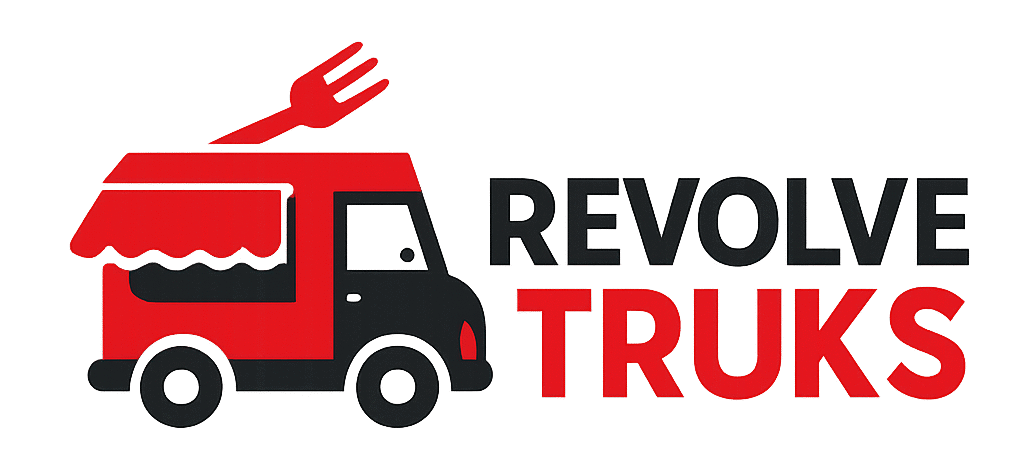
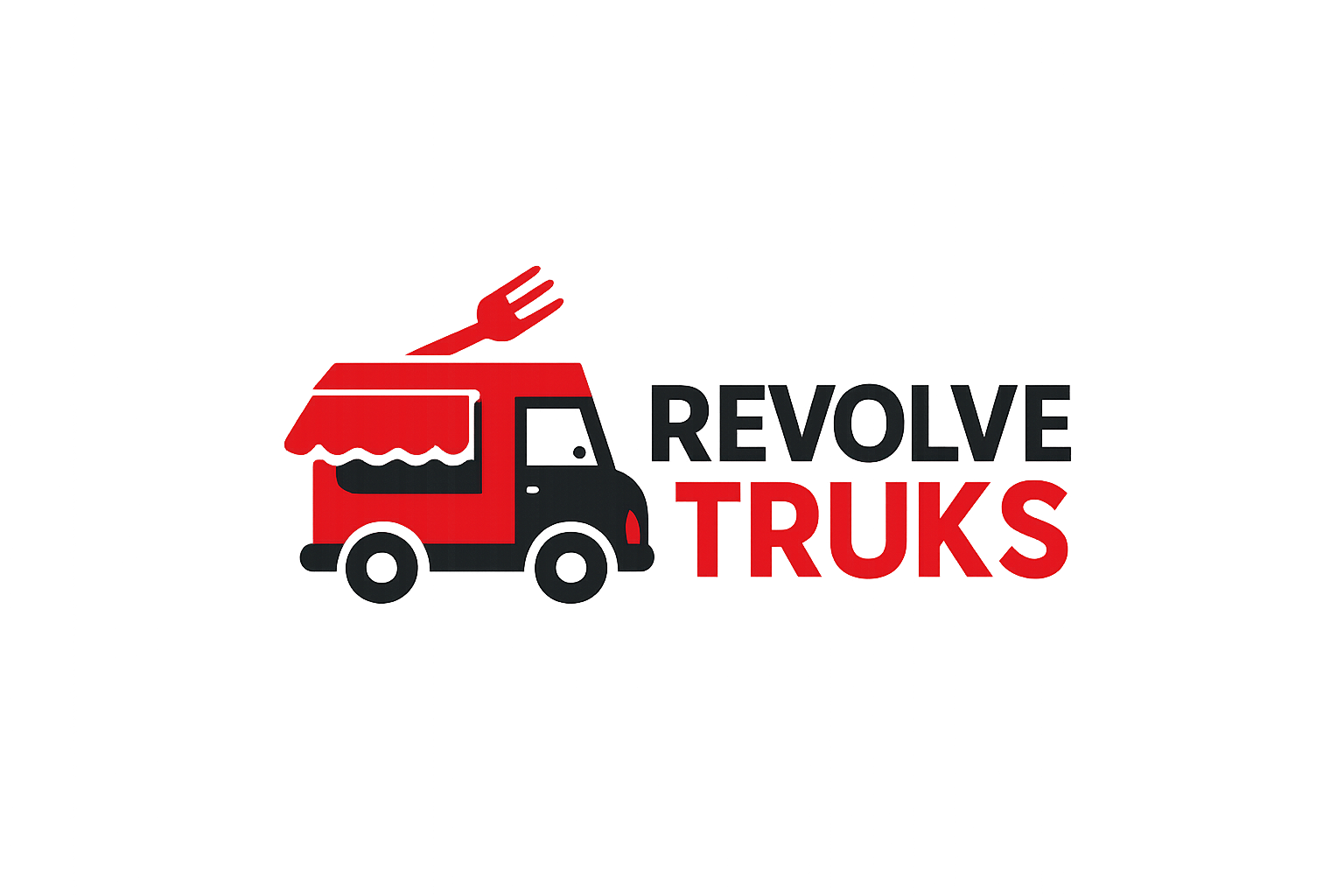
 Cart is empty
Cart is empty 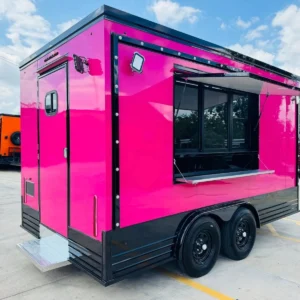
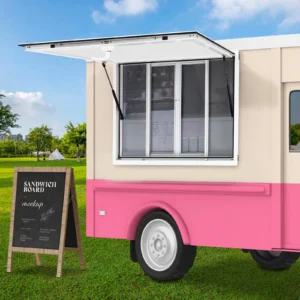
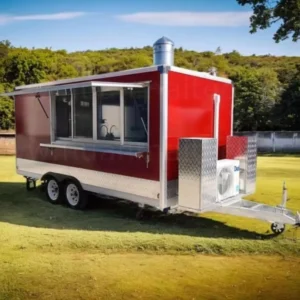
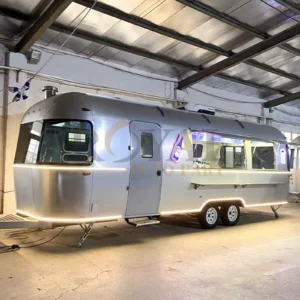



Reviews
There are no reviews yet.